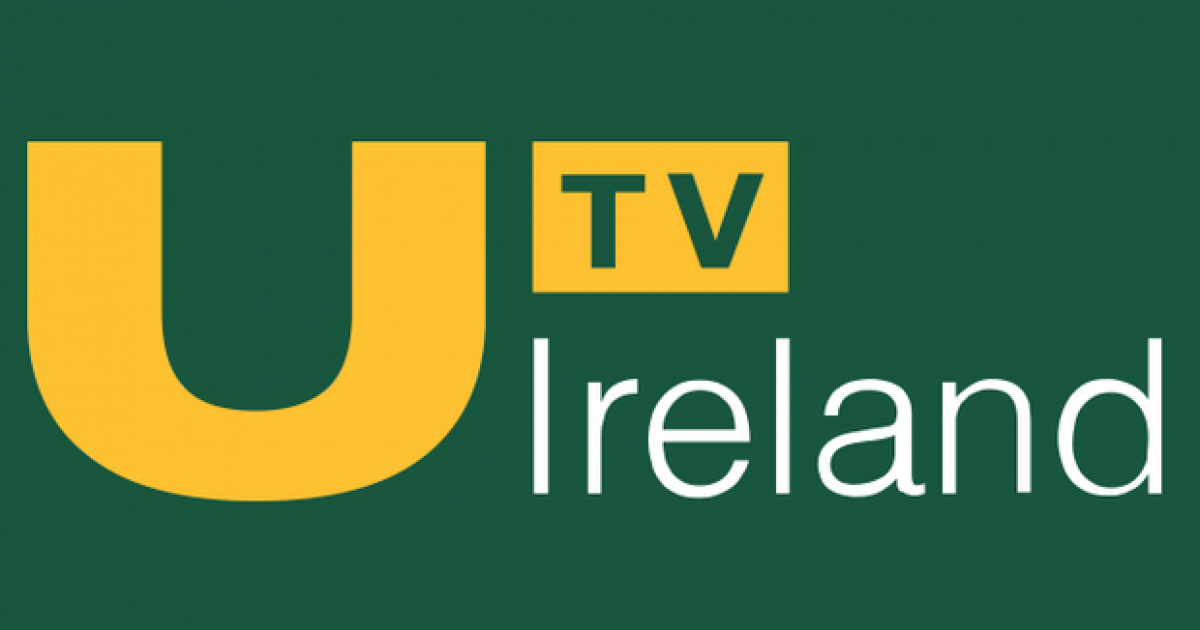As energy costs continue to rise and environmental concerns become more pressing, finding the best home energy solutions is essential for homeowners in Dublin. From renewable energy sources to efficient heating systems, there are numerous ways to reduce your energy bills and minimize your carbon footprint. Here, we explore some of the top options available in Dublin and provide tips on making your home more energy-efficient.
1. Solar Energy Systems
One of the most popular and effective ways to power your home sustainably is by installing solar panels. Dublin receives a reasonable amount of sunlight, making solar energy a viable option for many homeowners. Solar panels can significantly reduce your electricity bills and, with government incentives and grants, the initial investment can be more affordable.
- Benefits: Lower electricity bills, reduced carbon footprint, government incentives.
- Considerations: Initial installation cost, roof suitability, maintenance.
2. Heat Pumps
Heat pumps are an efficient way to heat and cool your home by transferring heat from the air or ground into your home. They are more energy-efficient than traditional heating systems and can be used year-round.
- Types: Air-source heat pumps, ground-source (geothermal) heat pumps.
- Benefits: Energy efficiency, lower running costs, environmentally friendly.
- Considerations: Installation cost, suitability for your property.
3. Insulation and Draught Proofing
Proper insulation is one of the most cost-effective ways to improve your home’s energy efficiency. Insulating your walls, roof, and floors can prevent heat loss, keeping your home warmer in the winter and cooler in the summer.
- Benefits: Reduced energy bills, improved comfort, lower carbon emissions.
- Considerations: Upfront cost, type of insulation needed.
4. Energy-Efficient Windows
Upgrading to energy-efficient windows can significantly reduce heat loss and improve your home’s overall energy efficiency. Double or triple glazing options provide excellent insulation and can help reduce noise pollution.
- Benefits: Improved insulation, lower energy bills, noise reduction.
- Considerations: Installation cost, potential need for planning permission in some areas.
5. Smart Home Technology
Incorporating smart home technology can optimize your energy use and make your home more efficient. Smart thermostats, lighting systems, and appliances can be programmed to use energy only when needed, reducing wastage.
- Benefits: Convenience, energy savings, remote control via smartphone apps.
- Considerations: Initial investment, compatibility with existing systems.
6. Government Grants and Incentives
The Irish government offers various grants and incentives to encourage homeowners to invest in energy-efficient upgrades. The Sustainable Energy Authority of Ireland (SEAI) provides grants for solar panels, heat pumps, insulation, and more.
- Benefits: Financial assistance, reduced payback period.
- Considerations: Application process, eligibility criteria.
Tips for Choosing the Best Home Energy Solutions
- Assess Your Energy Needs: Conduct an energy audit to understand your current energy usage and identify areas for improvement.
- Research and Compare: Look into different energy solutions and compare their costs, benefits, and suitability for your home.
- Consult Experts: Speak with energy consultants or contractors who can provide professional advice and recommendations tailored to your needs.
- Consider Long-Term Savings: While some energy solutions may have a higher upfront cost, they often result in significant long-term savings on energy bills.
- Check for Grants: Explore available grants and incentives to reduce the financial burden of energy-efficient upgrades.
Finding the best home energy solutions in Dublin involves evaluating various options, from solar panels and heat pumps to insulation and smart home technology. By investing in these energy-efficient solutions, you can reduce your energy bills, increase your home’s comfort, and contribute to a more sustainable future. Be sure to take advantage of government grants and incentives to make your transition to a greener home more affordable.

Recent Comments